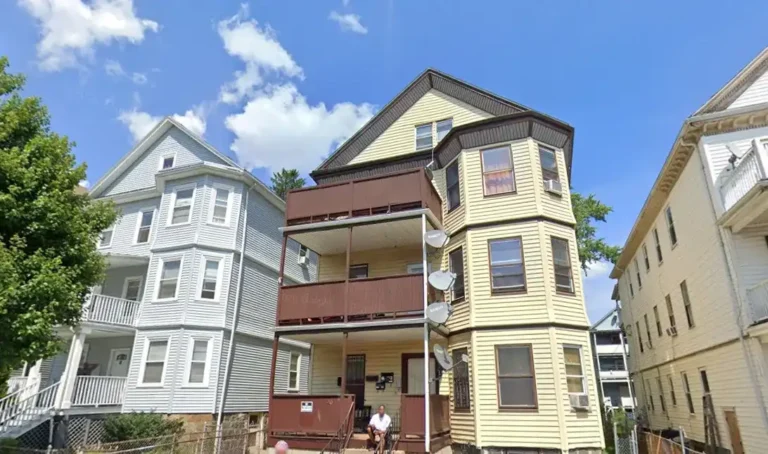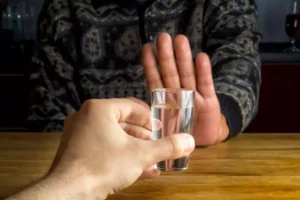Relapse After Addiction: Causes and Prevention

Such triggers are especially potent in the first 90 days of recovery, when most relapse occurs, before the brain has had time to relearn to respond to other rewards and rewire itself to do so. The path to sobriety comes with challenges, and many recovery journeys include a period of relapse into alcohol or drug use. Reflect on what triggered the relapse—the emotional, physical, situational, or relational experiences that immediately preceded the lapse. Inventory not only the feelings you had just before it occurred but examine the environment you were in when you decided to use again. Sometimes nothing was going on—boredom can be a significant trigger of relapse. Such reflection helps you understand your vulnerabilities—different for every person.
Tackling the top stressors for dementia caregivers
Part of the recovery process includes talking about relapse, and learning healthier ways to cope with triggers that can lead to it. Equally important is to learn to identify situations that carry high risk of relapse and to develop very specific strategies for dealing with each of them. High-risk situations include both internal experiences—positive memories of using or negative thoughts about the difficulty of resisting impulses—and situational cues. Also critical is building a support network that understands the importance of responsiveness. Not least is developing adaptive ways for dealing with negative feelings and uncertainty.
Recognizing Warning Signs
- Using drugs once during recovery doesn’t necessarily mean that a person has relapsed.
- They find stable employment, start a family or engage in healthy hobbies.
- The process involves both repairing existing relationships damaged by addiction and forging new, healthy connections that promote sobriety.
- One approach is identifying triggers, such as stress or social situations, and developing coping skills to manage them effectively.
Support networks provide emotional sustenance, accountability, and a sense of community that can significantly bolster an individual’s resilience and commitment to sobriety. Reconnecting with supportive individuals and forming new relationships are essential steps. After a relapse, individuals in recovery must revisit and potentially revise their recovery plan. This process is not just about damage control; it’s about understanding what led to the relapse and how to strengthen the strategy to prevent future setbacks. Experiencing a relapse can be a distressing event, often accompanied by negative emotions such as guilt, shame, and frustration.
Testosterone-blocking drugs boost heart disease risk when given in combination
- It encompasses various practices that promote physical, mental, and emotional well-being, crucial for reducing cravings and improving resilience.
- Reflect on what triggered the relapse—the emotional, physical, situational, or relational experiences that immediately preceded the lapse.
- Relapses can also occur in physical health and mental health conditions.
- Creating a rewarding life that is built around personally meaningful goals and activities, and not around substance use, is essential.
- In the case of addiction, brains have been changed by behavior, and changing them back is not quick.
- Among the most important coping skills needed are strategies of distraction that can be quickly engaged when cravings occur.
- Additionally, participating in sober programs and group meetings fosters a sense of community and shared experience, which can be invaluable in maintaining long-term recovery.
It may also involve normalizing occasional thoughts and relapse, and learning methods to let go of them quickly. According to a review of relapse prevention, lapse and relapse are particularly common within the first year of seeking treatment. Treatment for addiction can help clients work through a relapse and begin taking active steps to change their behavior. Read more to learn about types and stages of relapse in addiction, as well as relapse prevention strategies. Therapy not only gives people insight into their vulnerabilities but teaches them healthy tools for handling emotional distress.

Addiction Relapse: Risk Factors, Coping & Treatment Options
You’re now better equipped to handle your recovery and achieve success, because you know what not to do and what to look out for. Ultimately, it is up to each individual to adjust their lifestyle and take responsibility for their actions. While this is a recovery step that requires daily practice, it’s important to apply this thinking immediately after a relapse. A relapse is the worsening of a medical condition that had previously improved.
Though the steps may seem repetitive, you have changed and can benefit in new ways when you take the steps again. Anticipate the next steps you need to take and don’t delay in taking what to do after a relapse them. Act quickly to focus on your recovery again, so your addiction can’t continue. Adelante Recovery Center is here to help those that are battling drug and alcohol addiction.
- It can interfere with life in many different ways, such as making it harder to do your job or to hold a conversation in a social situation.
- These professionals guide individuals through the stages of recovery, helping them to identify and manage triggers that may lead to relapse.
- They are typically triggered by people, places, paraphernalia, and passing thoughts in some way related to previous drug use.
- Blaming outside circumstances or the people around you isn’t the answer.
- Instead, it can be an opportunity to examine what lifestyle changes, coping skills, and adjustments may be needed to prevent relapse in the future.
Reach out to Your Support Network

When patients with relapsing-remitting MS experience flare-ups, doctors may prescribe intravenous corticosteroids. These powerful medications help reduce inflammation in the body and shorten https://ecosoberhouse.com/ the duration of exacerbations, but they do not have a long-term benefit for treating the disease. However, some relapses are silent, especially early in the course of the disease.
What medications are available for people with relapsing-remitting multiple sclerosis?
- Previous article:
- Jeux Non payants Quelque peu
- Next article:
- Pourboire De Salle de jeu A 2 $ Classe En 2024
